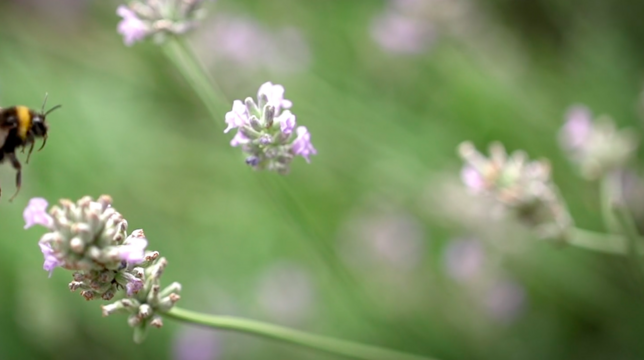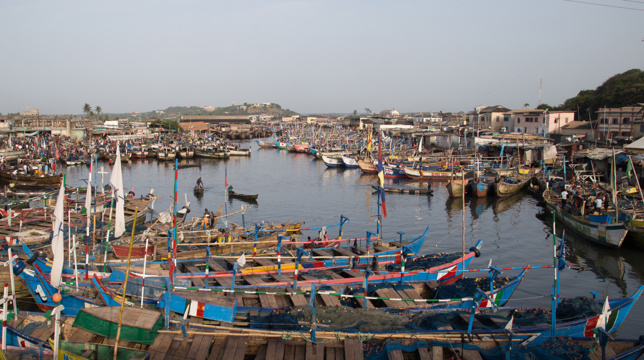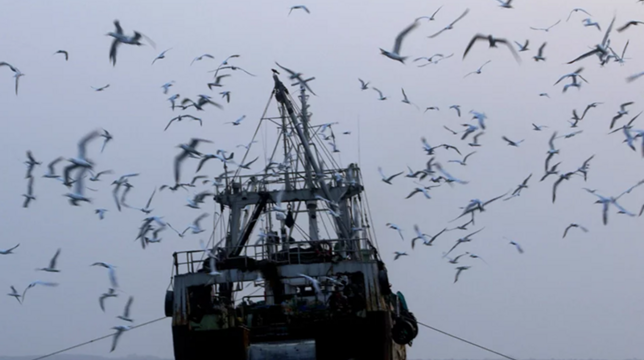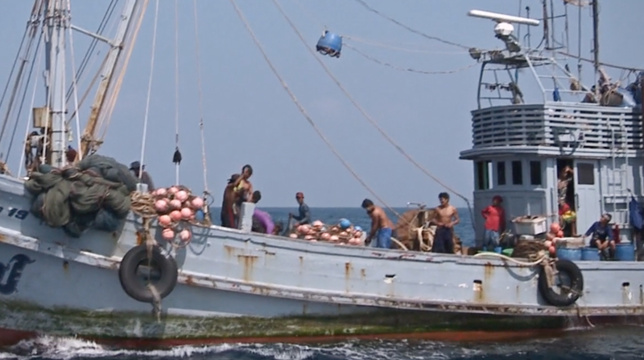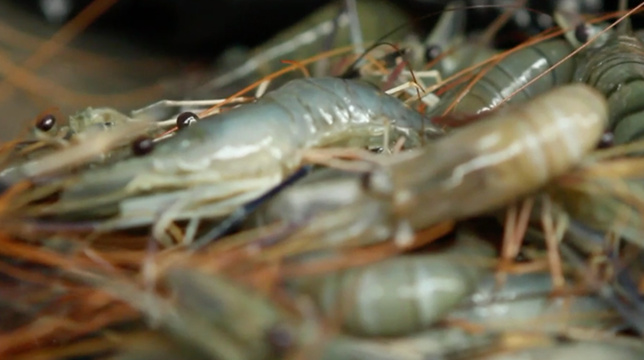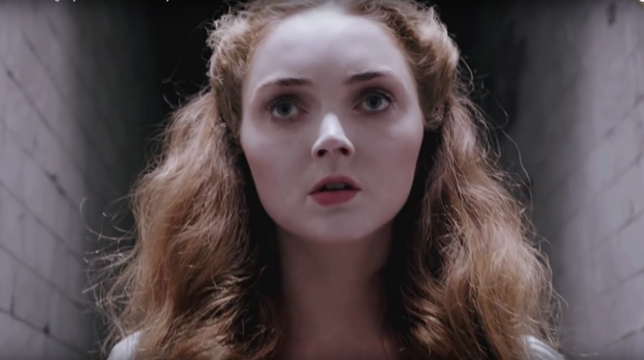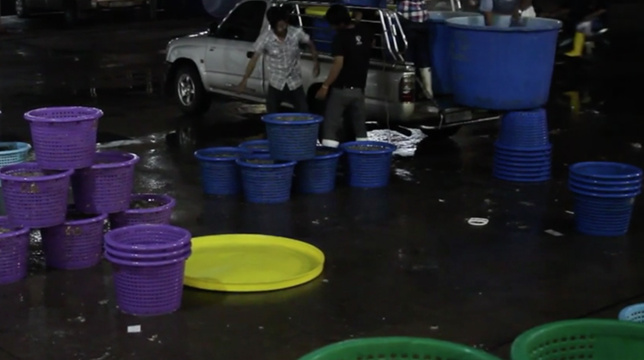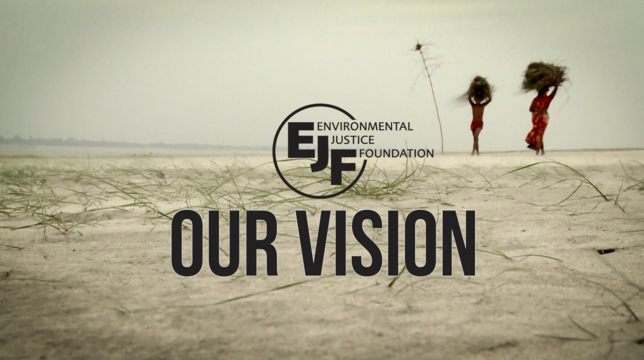Films
Save our bees
In the UK along, pollinators contribute £690 million worth of crops to the economy. But our bee populations are under threat. EJF examines the challenges facing bee populations and what can be done to tackle this growing threat.
Ensuring social equity and sustainability in Ghana's fisheries
EJF is proud to have the support of the EU delegation in Accra, Ghana, which is now aiding a three-year project to secure sustainable fisheries in the country.
Ending Illegal Fishing
IUU fishing depletes fish stocks, destroys marine ecosystems, puts legitimate fishers at an unfair disadvantage and jeopardises the livelihoods of some of the world’s poorest people. This film looks at ways in which it can be tackled and urges consumers and decision makers to take action to end pirate fishing.
Slavery at Sea
Thailand's seafood exports are the third most valuable in the world, supplying markets in the US, Europe and Asia but far from the attention of consumers vulnerable migrants in search of a better future are being trafficked, exploited, abused and even murdered aboard Thai fishing vessels.
EJF is campaigning for the international community to develop a Global Record of fishing vessels to facilitate greater transparency and traceability in the seafood sector enabling better monitoring of fishing activities including the labour conditions of the world's fishing fleets.
Impossibly Cheap
Featuring testimonies recorded during investigations in 2012, the film documents examples of hazardous working conditions, the use of child labour, bonded labour, withholding of pay, excessively low wages, health and safety violations, restricted union activities, verbal abuse and excessive hours.
EJF is advocating for the Bangladeshi Government, the international community and retailers to work together to stop these abuses.
Red Shoes
EJF Patron Lily Cole performs RED SHOES, a dance calling for urgent action to end climate change and avoid the catastrophe it threatens.
The Hidden Cost
This film exposes the reliance of Thailand’s shrimp industry on migrant workers, many of whom are trafficked before enduring abusive conditions in shrimp processing factories.
EJF is advocating for the Thai Government, the international community and retailers to work together to stop these abuses.
The voiceover is provided by award-winning journalist and broadcaster Jonathan Rugman and was recorded at Crying Out Loud.
Our Vision
Our vision is for a world where natural habitats and environments can sustain and be sustained by the communities that depend on them.
